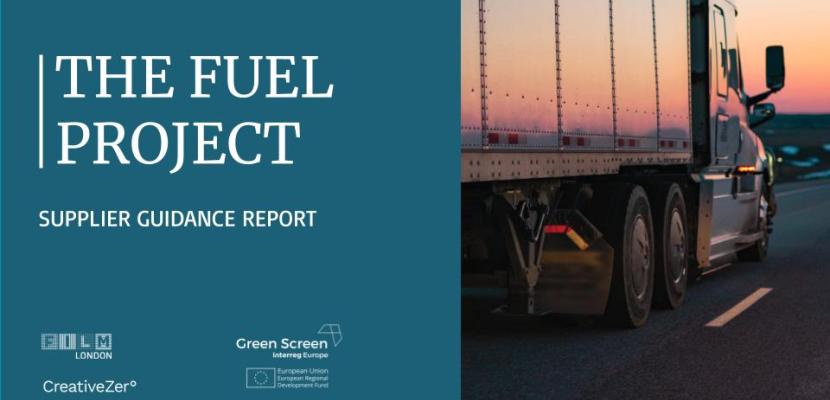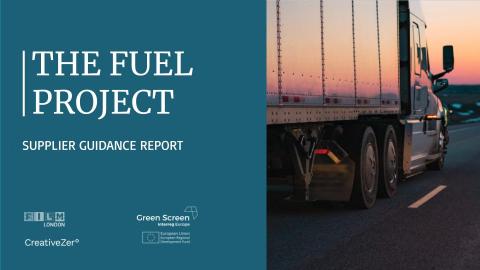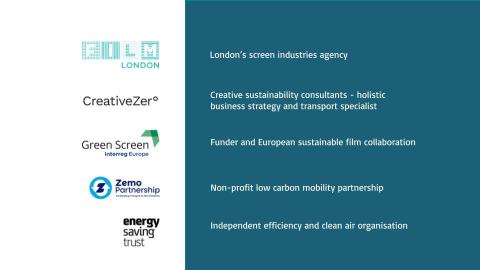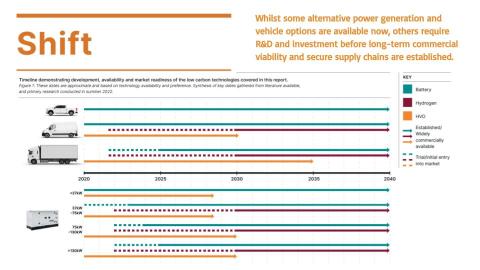
The Fuel Report

About this good practice
The Fuel Project Report proposes practical solutions to reduce air pollutian & carbon emittions from land vehicles & generators on film & TV productions. With 35% of a production’s carbon emissions coming from land transport & 15% from mobile power generation, these two technologies alone are therefore responsible for roughly half of production carbon emissions. High levels of air pollution from the combustion of fossil fuels are responsible for huge impacts on public health, including the death of around 4000 people per year in London. In addition, these technologies are owned predominantly by industry supply companies. These businesses tend to be SMEs who often lack expertise, incentive & finances to address the transition. The report provides free to access, practical information, steps & support to suppliers as they make the move toward new, low-carbon technologies, helping drive down emissions in the industry as a whole. The report also sets out to myth-bust some current assumptions on a number of key, low carbon, fuel options available; particularly focusing on battery, hydrogen & Hydro-treated Vegetable Oil (HVO). Whilst these fuel solutions can play a crucial role in helping the industry meet its environmental commitments & net zero targets, challenges remain. Concerns around cost, supply & real-world environmental impact can create confusion & inertia around these solutions. The report sets out to address the chief concerns currently serving as a barrier to action.
Resources needed
4000 Euros plus in kind staff time from Film London and Creative Zero.
Evidence of success
Since launching the report in October 2022, we have conducted feedback requests from a large range of stakeholders. The response from our target audience has been extremely positive, with suppliers expressing the importance of the report as well as interest in future phases. In addition the success of phase one has now led to an offer of partnership on phase two of the project from a major streaming service.
Potential for learning or transfer
Learnings were shared with all Green Screen Project Partners, including through a presentation hosted by Laurence Johnson, one of the report’s authors. Whilst the report focused on London as a case study, much of the learnings in relation to best practice, as well as challenges and considerations around new technologies were relatable to many of the partners involved. In particular, the team working for Paris Region (Film Paris Region) tapped into the learnings from the report due to their banning of diesel generators in the city. Through discussions with the team we connected a British hydrogen power generation company with the team to discuss collaboration in France. In addition, through discussions around the report’s highlighting of HVO with colleagues working for Northern Ireland Screen, the organisation have now implemented policies to bring this fuel onto 3 studio sites. This will significantly impact the availability of this low carbon fuel on film and TV productions in NI.
Further information
Images





Documents
Website
Good practice owner
You can contact the good practice owner below for more detailed information.